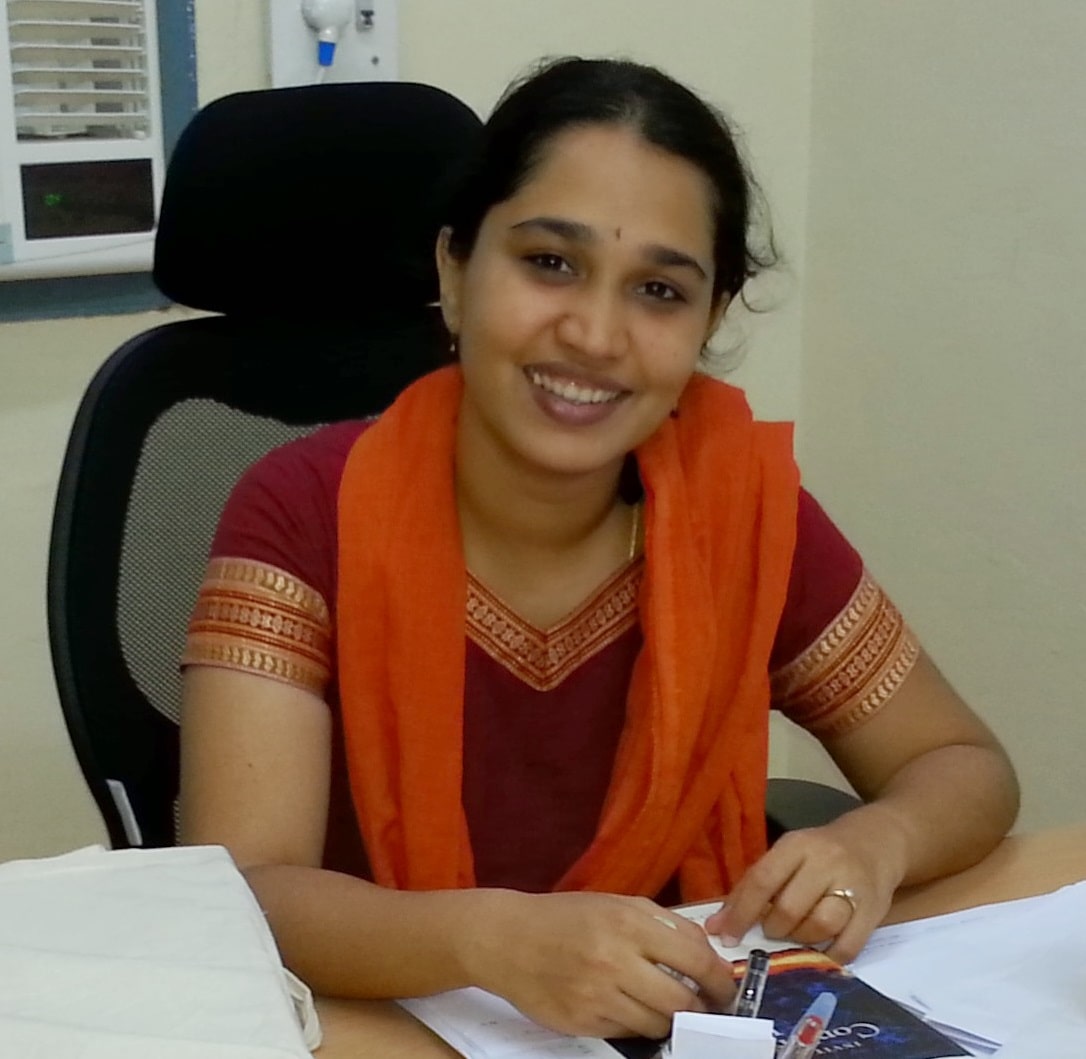Indian Institute of Technology Madras
The aim of the program is to provide students with enough knowledge and skills in the QuST domain. Key learning outcomes include,
Basic understanding of theoretical aspects of quantum bits, quantum gates, circuits and algorithms.
-
Hardware skills: understanding the physical and technical aspects of building quantum devices, across different quantum computing architectures.
-
Software skills: implementing quantum algorithms and protocols on existing quantum device platforms.
-
Application of quantum information theory to fundamental physics questions, from many-body physics to cosmology.
-
Ability to design of new, efficient quantum algorithms and quantum simulation protocols.
-
Ability to take on cutting-edge problems in QuST today such as quantum error correction and post-quantum cryptography.
Program Offers
The core courses of the IDDD QuST programme are offered by faculty from the departments of Physics and Electrical Engineering., while the suggested elective courses are spread out across Physics, Electrical Engineering, Mathematics and Computer Science.
Enrollment
A B. Tech student or a Dual Degree student of IIT Madras in any discipline is eligible to upgrade/opt for this programme provided the student has a CGPA of 8.0 or above up to 5th semester. Total number of seats will be fixed at 25 and allocation of dual degree specialization and award of the degree will be governed by the rules of the Institute.
Curriculum
IDDD-QuST has a very flexible curriculum. The programme spans a period of four semesters of the five-year dual degree programme. The core course on Quantum Computation and Quantum Information lays the required foundation for the program and the Quantum Computing Lab course being offered in partnership with IBM India, provides hands on training in using the IBM quantum processors. In tune with the overall structure of the dual degree program being offered in the Institute, the number of courses to be offered and the credit distribution are as follows:
Total Credits required
150 to 160
No. of PMT CORE courses to be offered
4 (36 credits)
No. of electives to be offered
4 (36 credits)
No. of labs. to be offered
1 ( 3 credits)
Project work/internship
1 (85 credits)
Interdisciplinary DD in QuST - Course curriculum
|
Sl.No |
Course No |
Course Name |
L |
T |
E |
P |
O |
C |
|
Semester 7 |
||||||||
|
1 |
PH 5840 |
Core 1: Quantum Computation and Quantum Information |
3 |
0 |
0 |
0 |
6 |
9 |
|
2 |
EE 4348 |
Core 2: Quantum Electronics and Lasers |
3 |
0 |
0 |
0 |
6 |
9 |
|
3 |
ID 5841 |
Quantum Computing Lab |
|
|
|
1 |
2 |
3 |
|
|
|
Total Credits : |
|
|
|
|
|
21 |
|
|
Semester 8 |
|
|
|
|
|
|
|
|
1 |
ID 5840 |
Core 3: Experimental Techniques for Quantum Computation and Metrology |
3 |
|
|
|
6 |
9 |
|
2 |
EE 6502 |
Core 4: Optical Signal Processing and Quantum Communications |
3 |
|
|
|
6 |
9 |
|
3 |
|
Elective 1 |
3 |
|
|
|
6 |
9 |
|
4 |
|
Elective 2 |
3 |
|
|
|
6 |
9 |
|
|
|
Total Credits : |
|
|
|
|
|
36 |
|
|
Semester 9 |
|
|
|
|
|
|
|
|
1 |
ID 5790 |
Project I (Summer) |
0 |
0 |
0 |
0 |
25 |
25 |
|
2 |
|
Elective 3 |
3 |
0 |
0 |
0 |
6 |
9 |
|
3 |
|
Elective 4 |
3 |
|
|
|
6 |
9 |
|
4 |
ID 5791 |
Project II |
0 |
|
|
|
20 |
20 |
|
|
|
Total Credits : |
|
|
|
|
|
63 |
|
|
Semester 10 |
|
|
|
|
|
|
|
|
1 |
ID 5792 |
Project III |
|
|
|
|
|
40 |
|
|
|
Total Credits : |
|
|
|
|
|
40 |
Project
85 credits to be completed in 8th, 9th and 10th semester
Electives
36±2 credits to be completed from the approved list in 7th, 8th, and 9th semester
Total credits for the DD programme
160
ELECTIVE COURSES
(A) Electives offered by the physics department:
- PH 5842 Advanced Topics in Quantum Information
- PH 5170 Quantum Mechanics – II
- PH 5620 Coherent and Quantum Optics
- PH 5480 Advanced Statistical Physics
- PH 5680 Superconductivity and applications
- PH 5500 Dynamical Systems
- PH 5815 Ultrafast Lasers and Applications
(B) Electives offered by the EE department:
- EE5120: Linear Algebra
- EE5142: Introduction to Information and Coding theory
- EE5160: Error control coding
- EE5347: Electronic and Photonic Nanoscale Devices
- EE6500: Integrated Optoelectronic Devices and Circuits
- EE6700: Advanced Photonics Laboratory
- EE7500: Advanced topics in RF and Photonics
(C) Electives from Math and CS departments:
- MA5310: Linear Algebra
- CS5011: Introduction to Machine Learning
- CS6111: Foundations of cryptography
- CS7111: Advanced Topics in Cryptography
- CS7260: Postquantum Cryptography
Key highlights:
The first batch of IDDD QuST are just entering the final year of the program. They have internships with companies like Bosch and Adobe on the one hand, as well as with faculty at prestigious universities such as RWTH Aachen and ETH Zurich.
Here is a glimpse of some of the exciting projects already implemented by our first batch students during their 7th-8th semesters.
Delayed-feedback Coherent Ising Machine

Spatial Ising Machine


Coordinating Faculty

Prabha Mandayam (PH)

Anil Prabhakar (EE)
Contact Faculty

